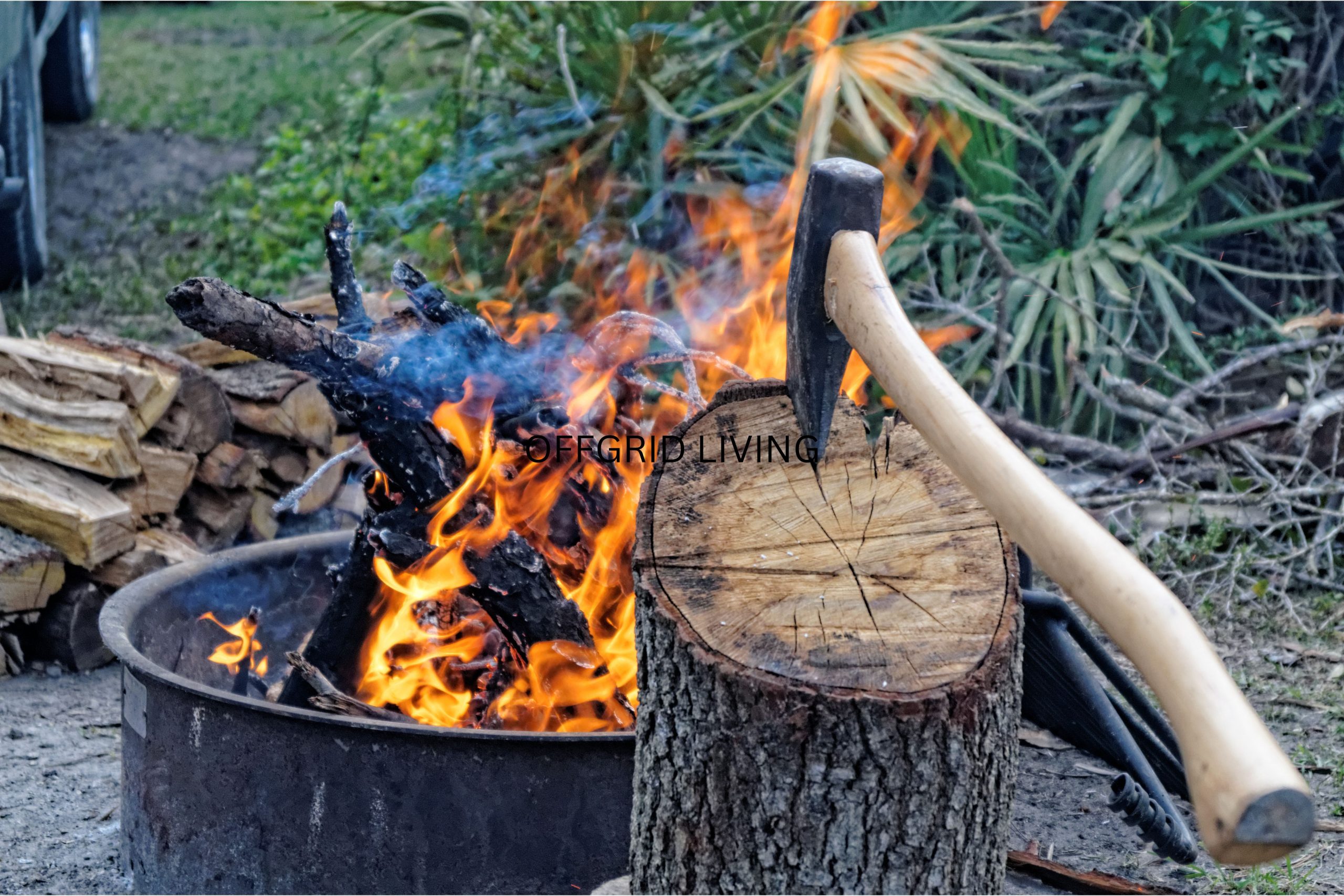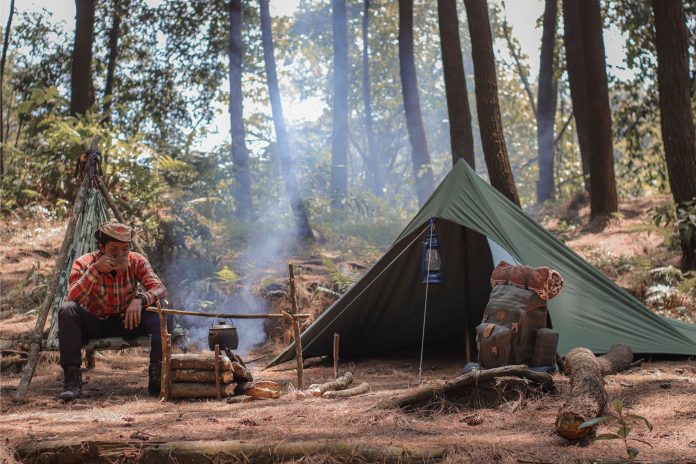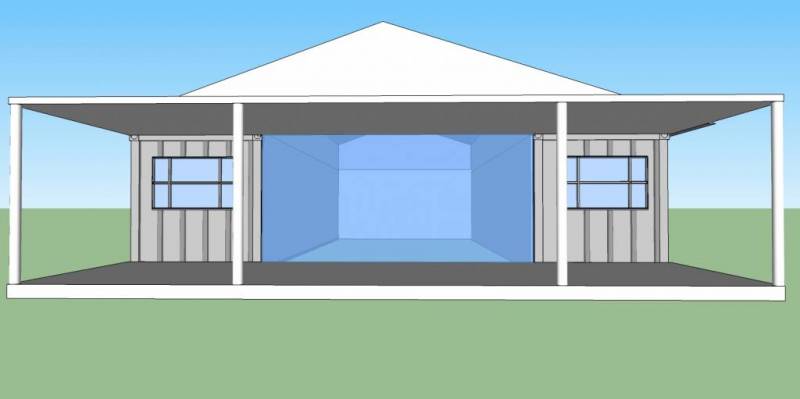Have you ever dreamed of living off the grid and disconnecting from the hustle and bustle of modern life? The idea of having no utility bills, no ties to the electric grid, and being self-sufficient is an attractive one for many people. However, making the switch to a truly off-grid lifestyle comes with its own set of challenges and rewards. Here, we will explore the realities of transitioning to an off-grid lifestyle, and provide helpful tips for success.
What Is An Off-Grid Lifestyle?
An off-grid lifestyle is self-sufficient and independent of any external energy sources. It involves relying on renewable sources such as solar, wind, or hydroelectric power to generate electricity and heat your home. You can also use other renewable resources like rainwater harvesting for drinking water and livestock for food.
Adopting an off-grid lifestyle often requires changing your home and lifestyle, including installing energy-efficient appliances, retrofitting for renewable energy, and switching to a more sustainable diet. These changes can be costly upfront, but in the long run, they can help you save money on utilities and provide other benefits, such as reducing carbon emissions or creating a healthier living environment.
How Do You Make The Switch To An Off-Grid Lifestyle?

It is not as hard as you may think. With the right preparation and planning, it can be relatively straightforward to transition away from a reliance on public utilities and towards a self-sustaining lifestyle.
The first step is to determine what type of off-grid living you want to pursue. Do you want to completely disconnect from public utilities, or are you looking for a more moderate approach? Depending on the answers to these questions, you may need to invest in certain equipment and supplies.
For example, if you plan to completely disconnect from public utilities, then you will need a generator or solar power system that can generate your own electricity. You may also want to consider investing in rainwater harvesting systems, water storage tanks, and other off-grid living essentials. Reliable hot water starts with our expert hot water tank installation solutions. So call now if you want to install one in your off-grid property.
Once you have all of the necessary equipment and supplies, you will need to find ways to save money on electricity and other home utilities. This can be done through efficient energy usage or by taking advantage of renewable energy sources such as solar or wind power. You may also want to look into local programs that offer incentives for going off the grid.
Finally, you will need to ensure you have access to all of the necessary amenities and services such as garbage collection and medical care. Depending on your location, there may be options available such as community-supported agriculture or healthcare co-ops.

What Are Some Of The Challenges You’ll Face When Making The Switch?
1. Financial Considerations
Making the switch to off-grid living can be a costly endeavor, as you’ll need to purchase equipment and supplies to set up your system. Additionally, since an off-grid lifestyle requires being self-sufficient in terms of energy needs, it is important to factor in any future maintenance costs that may arise.
2. Isolation
Living off-grid can be quite isolating, as you will be away from the conveniences of urban life and may not have access to services such as running water, electricity, or even a grocery store. It is important to consider whether you are prepared to live in a more remote area or if it will be too difficult to adjust.
3. Legal Considerations
Depending on geographical location, there may be certain legal restrictions or regulations set in place to govern off-grid living. It is important to research any local laws before embarking on an off-grid lifestyle to ensure compliance and avoid possible fines or penalties.
What Are Some Of The Rewards You’ll Enjoy From Living An Off-Grid Lifestyle?
1. Financial Savings
Living off-grid can save you from paying costly monthly utility bills, as all of your energy needs are met with renewable sources or stored for use later. This can result in significant financial savings over the long term.
2. Increased Independence
An off-grid lifestyle offers increased independence since you are not reliant on public utilities or the grid for your energy needs. This gives you a sense of autonomy and control that can be quite freeing.
3. Connected to Nature
Living off-grid allows you to connect with nature on a deeper level, as you are more in tune with the environment around you and its natural rhythms. This can result in a greater appreciation of the world and its beauty.
Important Things To Know Before Making The Switch?
- Research the local laws and regulations related to off-grid living.
- Review applicable energy sources, such as solar, wind, or hydroelectric power systems.
- Consider access to water sources and sewage disposal options for an off-grid lifestyle.
- Investigate connectivity options for internet and phone service in a rural area.
- Consider potential costs associated with making the transition to off-grid living.
- Create a plan for storing food and other essentials in an off-grid home.
- Explore sustainable solutions for heating, cooling, and lighting your home.
- Think about how to implement waste management solutions in an off-grid lifestyle.
- Consider the implications of living in a remote area with limited resources and access.
- Research methods for staying connected to family, friends, and community.
- Prepare for lifestyle changes associated with an off-grid home.
- Begin to learn skills that can help you live a more self-sufficient lifestyle.
Conclusion
Making the switch to an off-grid lifestyle can seem daunting at first, but it has numerous rewards. Living off-grid is a healthier and more sustainable way of life and allows individuals to gain greater control over their own energy sources.
So, if you’re looking to go off-grid, it’s important to consider the challenges and rewards that come with such a lifestyle change. With proper planning and dedication, going off-grid can be a rewarding experience that allows individuals to live in greater harmony with the environment.














